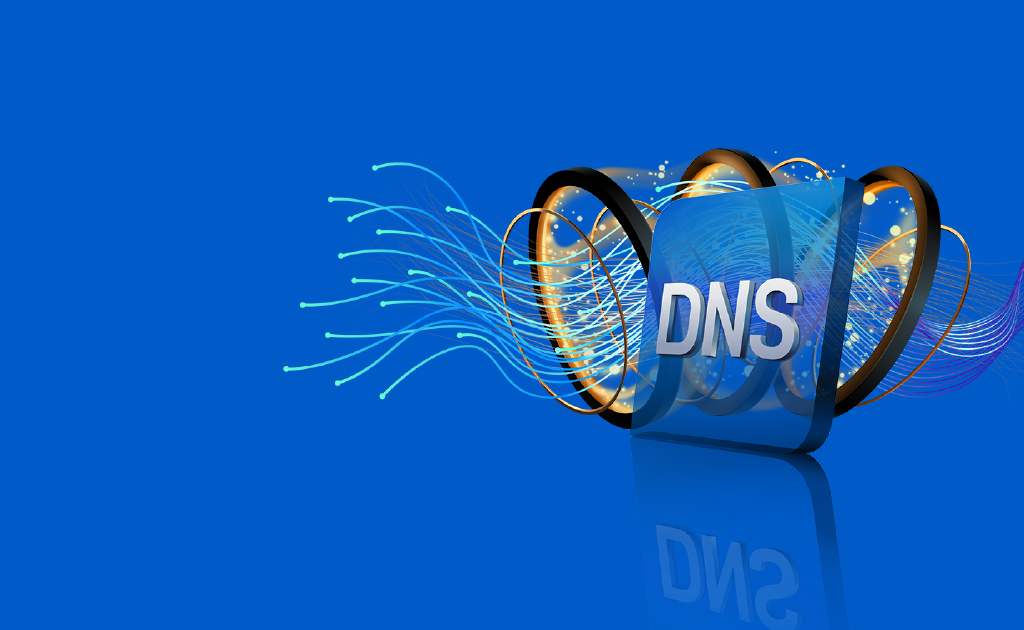DNS is the acronym for Domain Name System. It is a query system (directory service) for addresses on the internet. It is used to translate a link typed into the browser’s address bar into an IP address, allowing the page to be loaded.
The translation of domain names or local hosts into an IP address is used to manage and optimize the loading of web pages. Depending on the physical distance between the server responsible for storing data and the user’s device, latency can increase considerably.
Depending on the DNS server used on a cell phone, PC or Wi-Fi router, the speed of access to websites may vary, as DNS resolution/direction may be faster or slower. Understand how DNS works and how to take advantage of it.
What is DNS?
DNS stands for Domain Name System and is a directory service on the Internet or other IP (Internet Protocol) networks. IP defines the rules for transmitting network information in the Internet protocol suite for redistributing data packets. The Internet Protocol enables the interconnection of networks and essentially forms the Internet.
To better understand how DNS works, it is necessary to understand that the directory service is a system that stores, organizes and provides access to information, acting as if it were a dictionary for consultation.
The directory in DNS works by associating the “IP Address” with a local host (“site”), which is associated with a domain name.
This allows the user to simply type “tecnoblog.net” in the address bar and be taken to the desired page, without having to type or memorize the IP address of that server.
How does DNS work?
DNS is used to translate the hostnames (“sites”) of a server that is closest to the user into IP addresses when typing a “website,” providing faster access. Servers are computers connected to the internet and distributed across different regions that can be used to store website data.
What types of DNS servers are there?
DNS servers are divided into four categories. They are:
- Recursive Resolver Server: 1st stage of DNS query. It acts as a bridge between the client/user and the DNS nameserver. After the query request, the server will transmit cached data or send a request to a root server, followed by another request to a TLD server and a final request to an authoritative server.
- Root Server: has the function of storing DNS records for recursive servers to query, in addition to directing the recursive resolver to a TLD server based on the top-level domain (example: .com, .net, .org).
- TLD (Top Level Domain) Server: responsible for maintaining information about all domain names that share a common domain extension (example: .com, .net, .org) or whatever comes after the last dot in a URL.
- Authoritative Server: This is the last step in querying a DNS nameserver for an IP address. This is where requests from recursive servers are served with specific information about the domain name being served (for example: google.com) and IP address.
What is the DNS resolution flow?
The DNS resolution flow is the process of “translating” (mapping) a domain name to an IP address. It consists of the following steps:
- Step 1: The user enters a domain name (example: tecnoblog.net) into the browser.
- Step 2: The browser sends a “recursive DNS query” to the internet network.
- Step 3: The query request is received by a recursive DNS server.
- Step 4: If the recursive DNS server has the IP address, it will respond to the user and the page (“site”) will be loaded (displayed).
- Step 5: If the recursive DNS server does not have the IP address, it will query other servers in the following order: root server, TLD server, and authoritative server.
What is DNS on mobile or PC?
The option to specify a DNS server in your mobile or PC settings concerns which DNS service you want to use to browse the internet.
By modifying it, you can gain more speed to access websites, as it is possible to choose those servers that are closer, or even more efficient, thus delivering lower latency in the exchange of information.
Typically, there is at least the option to enter a primary and secondary DNS server. In the case of a computer, there is even the option for a tertiary server. From these settings, you can configure Google DNS , for example.
Where else can I configure DNS?

You can configure DNS servers on devices used for Internet transmission, such as Wi-Fi routers. This way, you can ensure that devices connected to the network use the same DNS server configured on the router.
However, this configuration extends to other devices as well, such as tablets, video game consoles and Internet of things devices.
Can a DNS server block ads?
Yes. There are DNS servers that can block ads. Additionally, it is also possible for a DNS server to block:
- Access to unknown websites that pose a security risk or that the company does not want employees to access.
- Content considered dangerous or inappropriate.
- Ransomware and/or malware incidents.
What is the difference between DNS and private DNS?
The main difference between public DNS and private DNS is that the former is accessible to anyone on the internet while the latter is a restricted system, used on a private network.
When using public DNS, you rely on third-party DNS providers to manage records whereas with private DNS, a single organization manages its own DNS records and security policies.
A private DNS server can encrypt DNS queries to protect the user’s privacy regarding the websites they visit. In the case of a public server, the online activity of the person using it may be exposed to their ISP (internet service provider).

